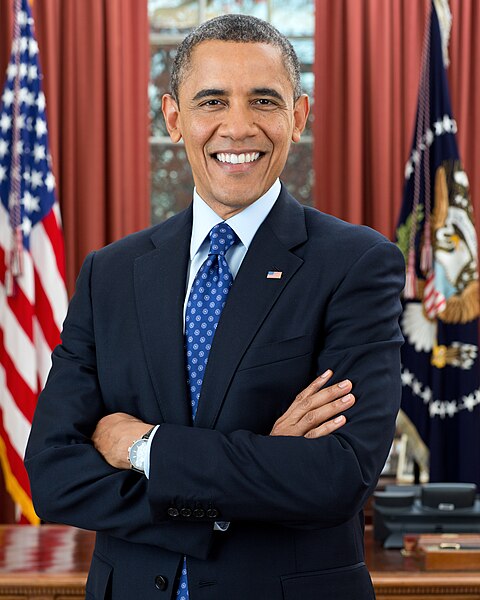 |
| President Barack Obama (Image: Wiki Commons) |
By Zachary Keck
President Obama’s speech in West Point reaffirmed his commitment to adopting the Guam Doctrine.
As my colleague Shannon has noted, President Barack Obama gave a commencement address at West Point today as part of the White House’s “we still care about national security” week. Shannon analyzed the speech from an Asia-Pacific standpoint, or lack thereof.
I was struck primarily by two aspects of the speech. The first was the lack of novelty in it. The White House had been marketing the speech as an effort to better explain President Obama’s broader vision of U.S. foreign policy, which many pundits have rightly criticized this administration for lacking. As Politico reported earlier this week: “President Barack Obama will use his speech at the West Point commencement Wednesday to lay out a broad vision of American foreign policy.”
In one sense, the speech succeeded in articulating a vision for foreign policy and, in particular, national security. However, if the speech was meant to better explain the Obama doctrine, it almost certainly failed. Nothing in this speech differed substantially from countless foreign policy-oriented speeches Obama gave earlier in his presidency. For example, his rationale for when America will use force—unilaterally when the U.S. is directly threatened, and multilaterally when indirectly threatened—was taken from the speech he gave justifying the intervention in Libya in 2011. If critics did not understand what Obama’s vision for foreign policy was before the speech, it’s hard to see how they would better comprehend it from this speech.
Read the full story at The Diplomat

 Logging you in...
Logging you in...